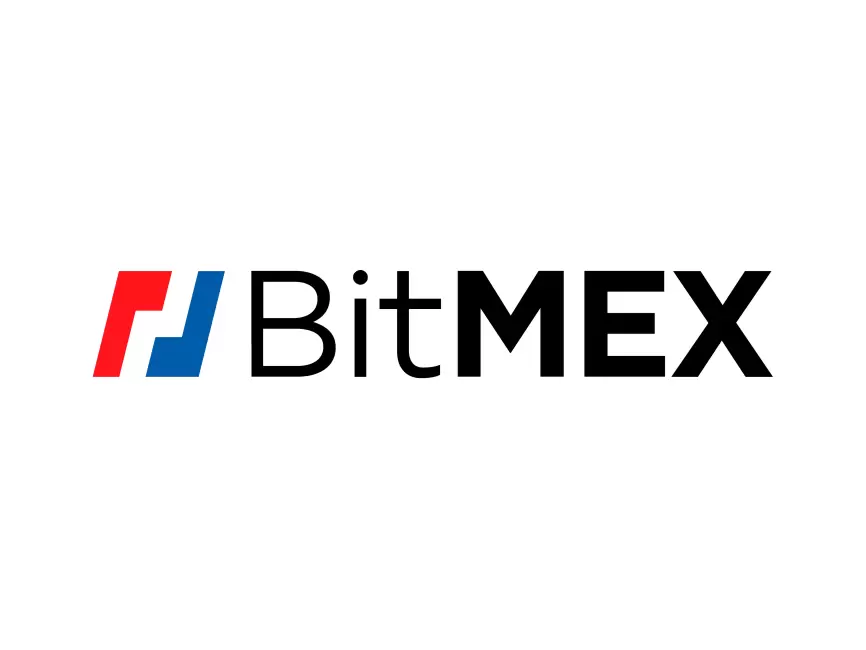
GMX
Decentralized platform for spot and perpetual cryptocurrency trading with up to 100x leverage on Arbitrum and Avalanche.
Overview
GMX is a decentralized trading platform that enables users to trade spot and perpetual contracts for major cryptocurrencies such as Bitcoin (BTC), Ethereum (ETH), and Avalanche (AVAX) with leverage up to 100x. It operates on the Arbitrum and Avalanche blockchains, allowing traders to execute leveraged trades directly from their wallets without intermediaries. GMX focuses on providing a decentralized alternative to centralized derivatives exchanges, emphasizing non-custodial trading and on-chain settlement.
The platform supports both spot trading and perpetual futures, catering to traders looking for exposure to crypto assets with leverage. GMX leverages the scalability and low fees of Arbitrum and Avalanche to offer efficient trading experiences. Users can connect their wallets to the GMX interface to open and manage leveraged positions, benefiting from decentralized liquidity pools and automated market maker (AMM) mechanisms.
What sets GMX apart is its decentralized infrastructure that removes the need for centralized order books and custody. This reduces counterparty risk and increases transparency. Additionally, GMX supports multiple blockchains, expanding access to users across different ecosystems. While the platform does not provide extensive public documentation or a detailed GitHub repository, it is actively maintained and used within the DeFi trading community. Developers and traders can get started by connecting a compatible wallet on the GMX website and exploring the available trading pairs and leverage options.
The Problem
Traders seeking leveraged exposure to cryptocurrencies face risks from centralized exchanges, including custody risks, lack of transparency, and potential downtime. Additionally, high fees and slow settlement on some blockchains limit trading efficiency.
The Solution
Key Features
GMX Alternatives
Explore web3 competitors and apps like GMX.

Robinhood
Pricing
Standard | |
|---|---|
| Price (Monthly) | Free |
| Price (Annual) | Free |
| Messaging | N/A |
| Support | Community support via Discord and social channels |
| Analytics |
Start Building Now
Reliable RPC, powerful APIs, and zero hassle.
Resources
GMX provides a decentralized trading interface accessible via web browsers with wallet integration. While public developer documentation is limited, the platform maintains an active GitHub repository for code transparency and community contributions.










